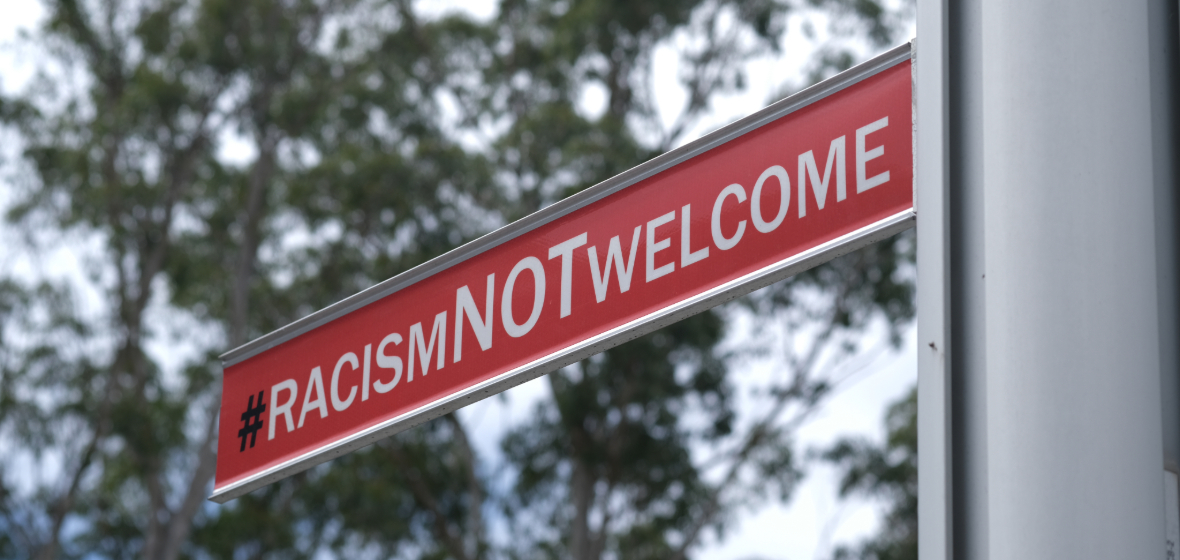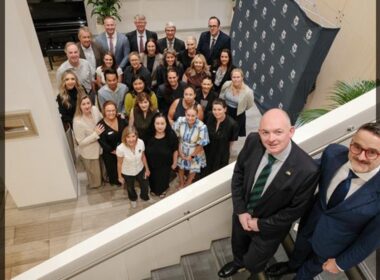The NSW Law Reform Commission has recommended against changing section 93Z of the Crimes Act 1900, which deals with serious racial and religious vilification.
The section, which also covers other forms of vilification, was added to the Crimes Act in 2018 and in January, the Premier announced a review in response to community concerns, including about the low number of prosecutions.
According to the NSW Bureau of Crime Statistics and Research (BOCSAR), seven people have had charges finalised under s 93Z, two being found guilty and five having the charges withdrawn.
The two convictions were appealed in the District Court, and one was quashed while the other conviction was upheld.
The Law Reform Commission, which was required to conduct the review expeditiously, says it received 42 submissions and conducted 24 consultation meetings.
Several questions were considered in an Options Paper, including whether the definition of a “public act” should change, if the mental element of “recklessness” should be removed, whether the word “incite” should be replaced or supplemented with other terms, and if there should be an offence of inciting hatred.
There were a further 27 submissions in response to the Options Paper.
In its report, the LRC points out the section doesn’t just criminalise serious racial and religious vilification, but also covers sexual orientation, gender identity, intersex status and having HIV or AIDS.
“In addition to consulting with religious and multicultural groups, we met with representatives of other groups protected by s 93Z.”
The report says it acknowledges the concerns raised but does not recommend reform of the section to address those issues.
“[T]he low number (of prosecutions) does not, of itself, make the case for reform. The fact that an appeal against a conviction under s 93Z has been dismissed demonstrates that the section is operable and has a role to play in appropriate circumstances.”
The report suggests the low number or prosecutions may have less to do with the elements of the offence and more to do with the fact that police may prefer to lay general offence charges, which are easier to prove and have higher maximum penalties.
The commission also points out there was no clear consensus among religious and multicultural groups on the issue and that many cautioned against reforming the section.
The report makes two recommendations: one that the NSW Government considers a review of s 21A(2) of the Crimes (Sentencing Procedure) Act 1999 and that it also considers improving data collection for hate crimes under offences other than s 93Z.




